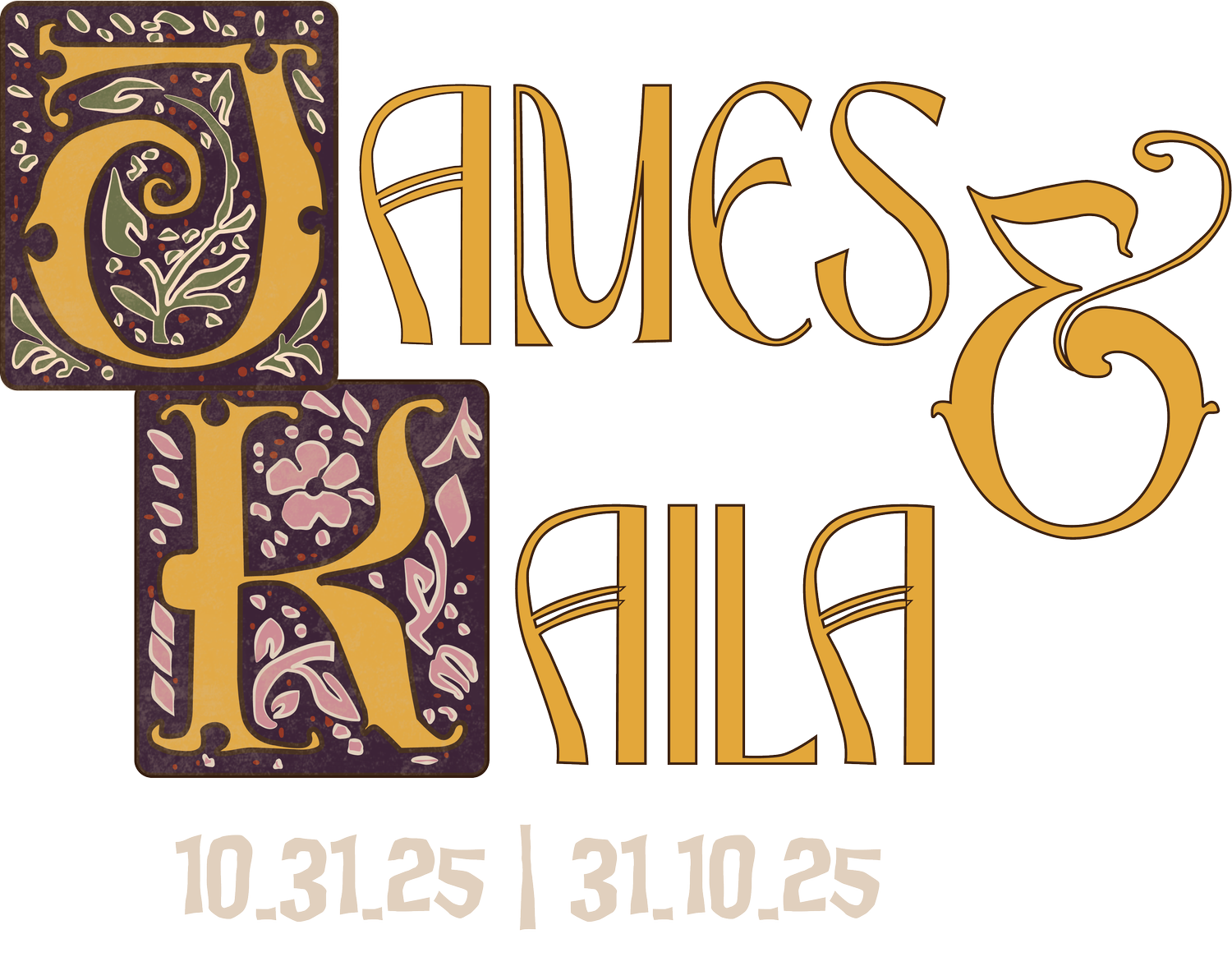Helpful German Language Tips
A Little Help with German: Essential Phrases for Your Visit
If you’re planning to visit Germany for our wedding, or just want to be able to communicate a little better, we've put together some helpful tips and basic German phrases to get you started! Whether you're navigating the streets, ordering food, or meeting new people, knowing some of the basics will make your experience even more enjoyable.
Key German Language Skills to Know:
1. Basic Greetings & Essential Vocabulary
Let’s start with the basics! Here are some of the most common phrases you’ll use all the time:
Hallo (Hello)
Tschüss (Bye)
Guten Morgen (Good morning)
Guten Abend (Good evening)
Gute Nacht (Good night)
Wie geht's? (How’s it going?)
Mir geht’s gut, danke. (I’m fine, thank you.)
Danke (Thank you)
Bitte (Please / You're welcome)
Entschuldigung (Excuse me / Sorry)
Sprechen Sie Englisch? (Do you speak English?)
Ich spreche nur ein wenig Deutsch. (I speak only a little German.)
2. Pronunciation Tips
German pronunciation can be tricky, but it’s worth getting right from the start! Here are some things to keep in mind:
The “ch” sound can be tricky. It’s like a soft “h” sound, almost like clearing your throat (as in ich - I).
The “r” is rolled in the back of the throat, similar to Spanish.
The “z” sounds like "ts" (as in Zeit - time).
Make sure to pronounce all the vowels clearly (German is pretty phonetic, so once you know how a letter sounds, it’s usually consistent!).
3. Simple Sentence Structures
Basic German sentence structure follows a simple subject-verb-object pattern (just like English), but sometimes the verb is placed at the end:
Ich möchte einen Kaffee. (I would like a coffee.)
Haben Sie einen Tisch für zwei? (Do you have a table for two?)
Wo ist die Toilette? (Where is the bathroom?)
Kann ich zahlen? (Can I pay [the check]?)
Ein Bier bitte. (A beer please.)
4. Active Communication: Let’s Practice!
The best way to improve your German is by speaking it! Even if you just know a few words, it’s great practice. Here’s how you can get started:
Simple questions:
Wie viel kostet das? (How much does this cost?)
Könnte ich die Rechnung bitte haben? (Could I have the check, please?)
Wann beginnt die Hochzeit? (When does the wedding start?)
Answering questions:
Ich bin hier für die Hochzeit. (I’m here for the wedding.)
Ich bin [dein Name]. (I’m [your name].)
5. Immersion Strategies: Listen & Learn
Even if you don’t know a lot of German yet, you can still get familiar with the sounds and rhythms of the language:
Listen to German music or Podcasts (they can be a fun way to familiarize yourself with pronunciation and rhythm).
Watch German TV shows or movies with subtitles in English or German (start with something light and fun!).
Practice listening to short phrases on YouTube to get a feel for common expressions.
6. Useful Vocabulary for the Wedding
Since you’re coming for our big day, here are a few extra phrases that could be useful:
Hochzeit (Wedding)
Braut (Bride)
Bräutigam (Groom)
Hochzeitsfeier (Wedding reception)
Geschenk (Gift)
Prost! (Cheers!)
Glückwunsch! (Congratulations!)
Wie schön, dich zu sehen! (It’s so nice to see you!)
7. Tips for Learning
Everyone learns a little differently, so here are a few general tips to make it fun and easy to learn:
Use language apps: Apps like Duolingo, Babbel, or Memrise are great for beginners.
Flashcards: Write down new words or phrases and practice them a few minutes every day.
Find a buddy: Find a friend to practice speaking with! Even if it's just ordering coffee or saying hello, every little bit helps.
Be patient and kind to yourself: It’s okay to make mistakes! Germans are very understanding, and most will appreciate the effort.
8. Fun Fact
Did you know that in Germany, it’s common to greet people with a handshake, especially for the first time? Kisses on the cheek are more common among close friends or family.
Feel free to reach out if you need help with any other phrases or tips. We're so excited to have you here and can’t wait to celebrate together!
